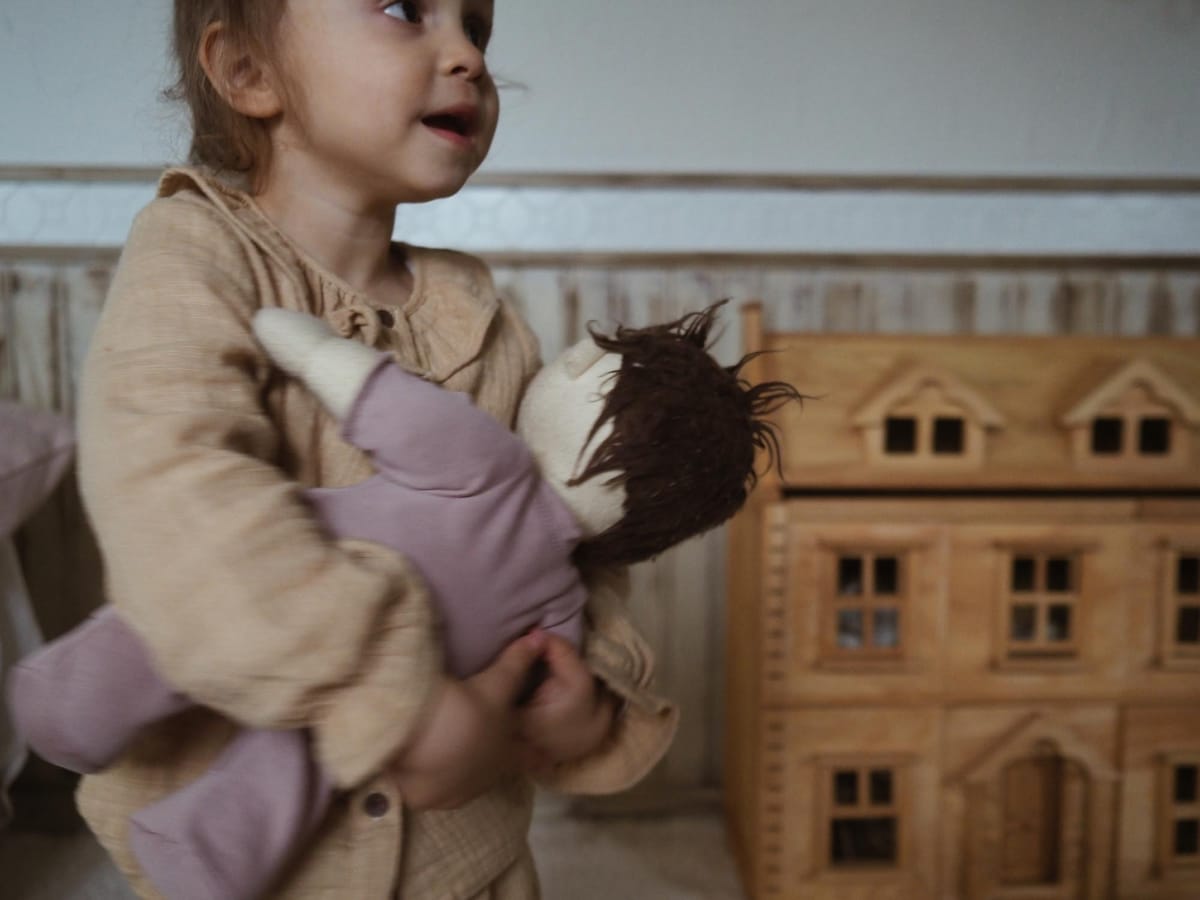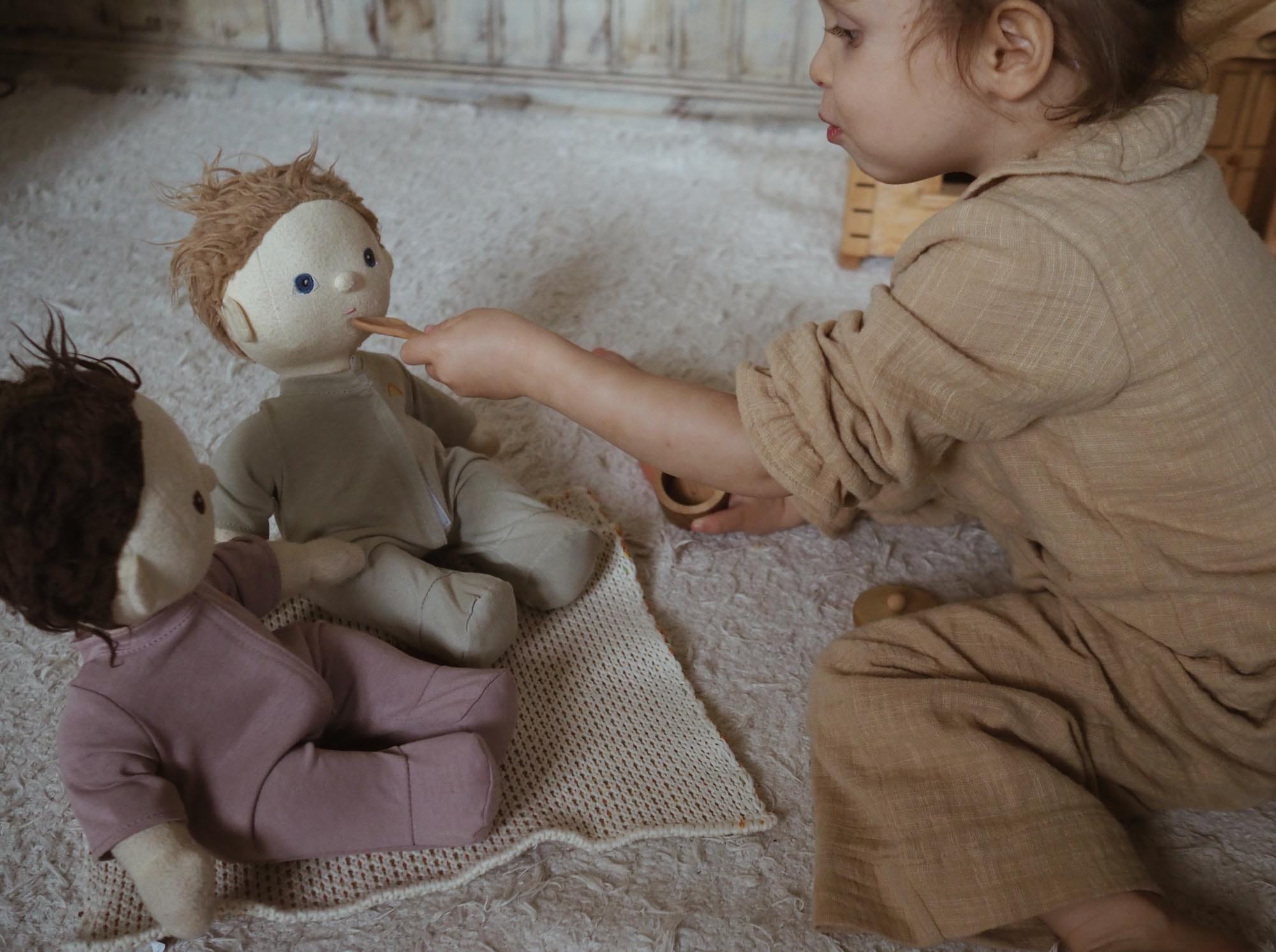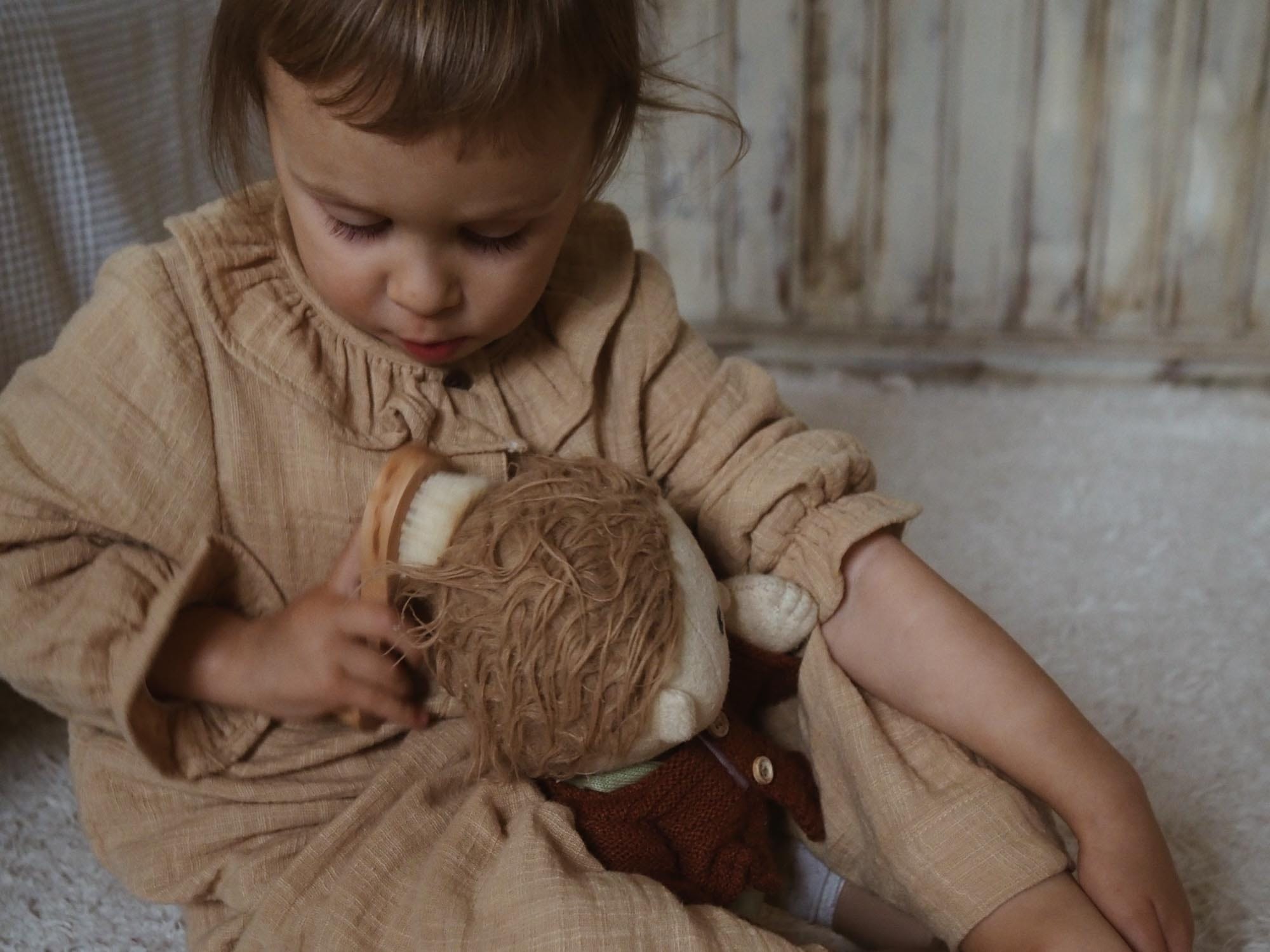How to help your child become independent without constant nagging
Does your child rely on you to stay organised? Are you too quick to give instructions? Help her become more independent by asking the right questions.

Do you ever feel like your child is constantly waiting for the next instruction? That she struggles to complete tasks unless you remind her at every step?
This is not just frustrating - it is a sign that your child is relying on your executive functions instead of developing her own.
Executive functions allow us to plan, organise, and manage our actions. For children, strong executive function skills mean they can get dressed in the morning, follow multi-step instructions, and play independently - without needing constant direction.
But when children become prompt dependent, they look to adults for every decision, never developing the internal skills to manage their own tasks. And while this is common for many children, it is especially challenging for those with ADHD, who often struggle with nonverbal working memory (future thinking skills) and internal dialogue (their brain’s voice).
The good news? You can help your child transition from prompt dependence to independence.
The role of declarative language in building independence
One of the most powerful tools in this transition is declarative language.
Most of us naturally use imperative language with children:
- “Put your shoes on.”
- “Brush your teeth.”
- “Time to turn off the screen.”
This kind of direct instruction is sometimes necessary, but when overused, it keeps your child dependent on external guidance. She waits to be told what to do rather than thinking through the steps herself.
Declarative language shifts the responsibility to your child by making observations rather than demands:
- “I see shoes by the door.”
- “I wonder what comes next after dinner.”
- “I notice the clock says 7:30.”
This approach encourages internal dialogue, helping your child begin to problem-solve and take responsibility for her actions. Instead of always being told what to do, she pauses and thinks - which is exactly what executive function is all about.

How to shift from prompt dependence to independent play
At Play with Purpose, we focus on empowering children to develop independence through play. Here are three practical strategies to help.
Use play to strengthen executive function
Play is where executive function skills develop best. Open-ended activities like building with blocks, pretend play, or solving a puzzle naturally require planning, problem-solving, and working memory - all essential for independence.
Try this. Instead of giving step-by-step instructions in play, use declarative language:
- “I notice that tower is leaning a little.” (Instead of “Fix the blocks.”)
- “I wonder what will happen if you add more weight?”
This small shift encourages self-monitoring and problem-solving - two core executive function skills.

Reduce the need for constant reminders
Children who struggle with executive function often do not sense the passage of time well - which is why they need constant prompting. Instead of repeating yourself endlessly, try these Play with Purpose tools.
- Time nudges. Instead of “We have five minutes left!” say:
- “I notice the clock says 7:25. What does that mean for us?”
- Visual reminders. Keep a simple checklist for morning routines or after-school tasks so your child can refer to it independently.
- Works-in-progress spaces. If your child struggles with shifting tasks, create a dedicated spot for unfinished projects. This builds independence because she can return to play without needing reminders.
Foster internal motivation (not just external rewards)
Prompt-dependent children often wait for external motivation (a parent’s reminder, a reward, or an immediate consequence). The goal is to help them develop intrinsic motivation - so they want to complete tasks, even when no one is watching.
- Encourage reflection. Instead of praise like “Good job cleaning up,” try: “Wow, your play area is really organised now. How does that feel?”
- Break big tasks into smaller steps. Instead of “Clean your room,” ask: “What is one thing you could do first?”
Over time, these small changes help children develop their own internal voice - so they no longer need yours.

The bigger picture: from prompt dependence to self-regulation
Executive function skills do not just help your child get ready in the morning. They also determine how well she plays independently, how she handles frustration, and how she manages transitions.
At Play with Purpose, our goal is to give children the tools to build focus, perseverance, and self-regulation - without relying on constant adult input.
Instead of prompting your child at every turn, try these Play with Purpose strategies.
- Use declarative language to encourage problem-solving.
- Create play spaces that support independent exploration.
- Provide visual cues and nudges to build self-reliance.
- Allow children to experience natural consequences of their decisions.
The more opportunities they have to practise executive function in play, the stronger their independence will become in daily life.
Final thought
Your child can develop independence - even if she struggles with executive function now. But it will not happen overnight. The goal is not to suddenly withdraw support but to gradually shift responsibility to her in a way that feels natural.
Next time you catch yourself about to give a reminder, pause. Use a declarative statement instead. See what happens.
And when your child begins figuring things out on her own, enjoy that moment - you have just taken a step towards helping her become a confident, self-reliant thinker.
Would you like more strategies to foster independent play and self-regulation? Join Play with Purpose - it’s free - and receive weekly tips on helping your child build essential life skills through play!

Comments ()